From Molecules to Organisms: Structures and Processes
-
 Health & Medicine
Health & MedicineExplainer: The benefits of phlegm, mucus and snot
There are many types of mucus in the body. They might seem gross, but these gloppy goos are the first line of defense against infection.
-
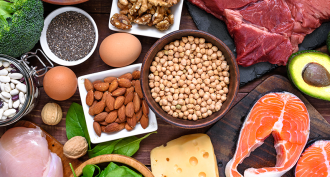 Health & Medicine
Health & MedicineExplainer: What are proteins?
In the body, proteins act as biochemical machines to carry out the work of cells.
By Bryn Nelson and Bethany Brookshire -
 Health & Medicine
Health & MedicineExplainer: Taste and flavor are not the same
What’s behind a food’s flavor? More than what we taste, it turns out.
By Lela Nargi -
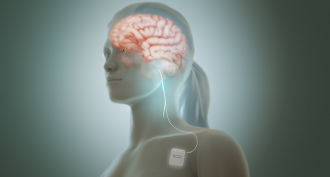 Health & Medicine
Health & MedicineExplainer: What is the vagus?
The vagus nerve runs from the brain all through the body. It controls many basic functions, including how fast the heart beats.
-
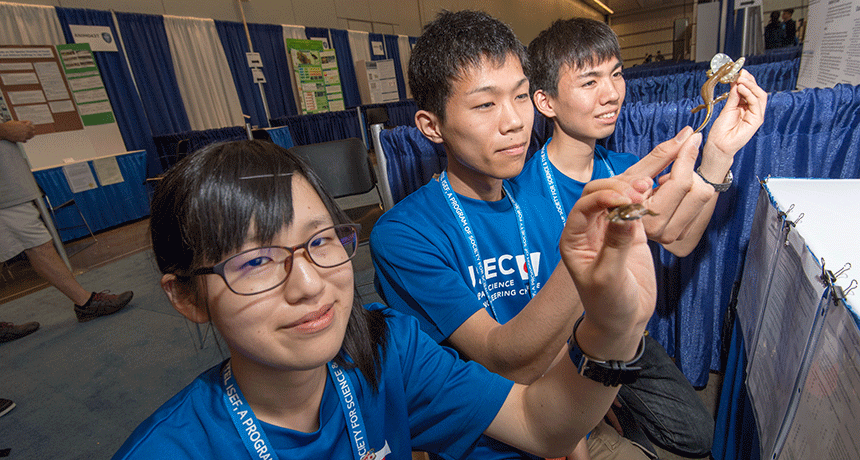 Animals
AnimalsHunting hidden salamanders with eDNA
The Japanese clouded salamander is an elusive beast. To find a new population, three teens turned to high-tech methods.
-
 Environment
EnvironmentRestaurant diners may ingest extra pollutants
People who dine out have higher levels of certain potentially harmful pollutants in their bodies than do people who eat home-cooked meals, new data show.
-
 Health & Medicine
Health & MedicineScientists discover how norovirus hijacks the gut
Noroviruses make people vomit, but scientists didn’t actually know why. It now turns out that those viruses cause their misery by attacking special “tuft” cells in the gut.
-
 Genetics
GeneticsYour DNA is an open book — but can’t yet be fully read
There are many companies that offer to read your DNA. But be prepared: They cannot yet fulfill all those promises you read in their ads.
-
 Animals
AnimalsOrca snot leads to a whale of a science-fair project
DNA found in the mucus of orcas suggests that even though the traits of family pods may differ, these marine mammals all appear to belong to a single species.
By Sid Perkins -
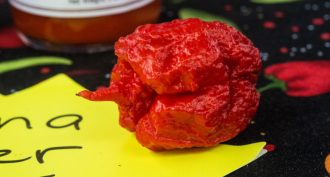 Health & Medicine
Health & MedicineOwww! World’s hottest chili leads to days of severe headaches
A man ate one of the hottest peppers in the world. About a minute later, his head began pounding. See why they didn’t permanently disappear for days!
By Dan Garisto -
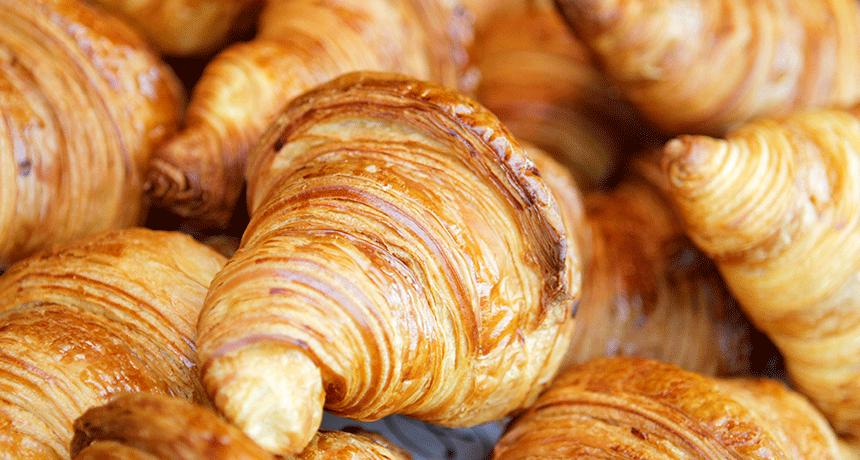 Health & Medicine
Health & MedicineScience-fair finding allows girl to sample a croissant
Some supplements claim they can help people with celiac disease, who cannot digest gluten. But do the pills work? One teen used science to find out.
-
 Materials Science
Materials ScienceNew black hair dye uses no harsh chemicals
Scientists have developed a new black-carbon-based hair dye. Instead of using damaging chemicals to dye hair, flexible flakes of carbon coat each strand.